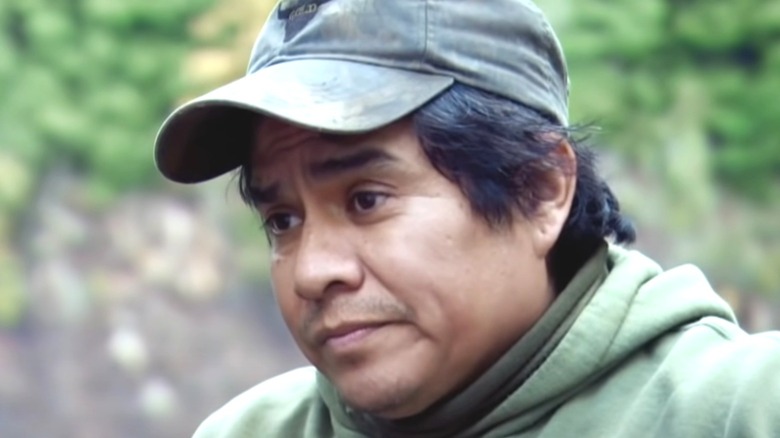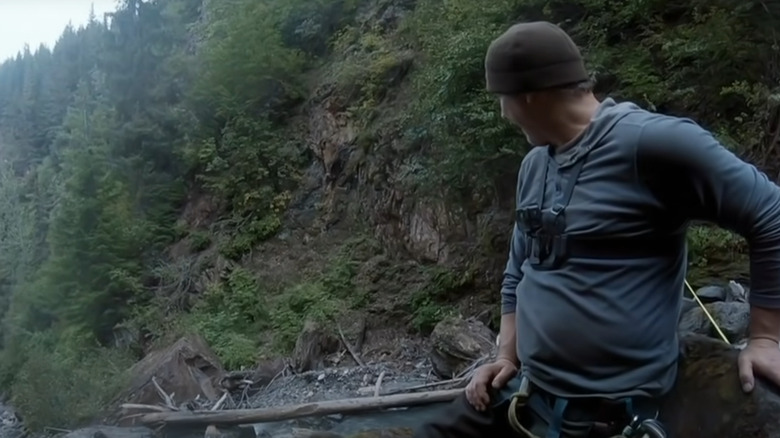Where Is Gold Rush: White Water Filmed?
Braving the wild and dangerous unknown has always been a hallmark of humanity's search for gold. The precious mineral has been the subject of legendary cities, folklore stories, and now, reality television. "Gold Rush" is a popular franchise that includes several spin-off shows like "Gold Rush: Parker's Trail," "Gold Rush: The Jungle," "Gold Rush: Winter's Fortune," and "Gold Rush: Freddy Dodge's Mine Rescue." The franchise has traveled across the world in pursuit of the valuable resource, and the shows have also visited the continents of Australia and South America outside of their normal stomping grounds of North America.
"Gold Rush: White Water" is a unique iteration of the franchise that involves dangerous, fast-moving water and heavy, specialized equipment. Starring Fred "Dakota" Hurt, Paul Richardson, Wes Richardson, Dustin Hurt, and Carlos Minor, "Gold Rush: White Water" primarily focuses on searching for gold in and around water, known as placer mining, which involves digging and sifting through alluvial deposits (via Britannica). So where exactly is "Gold Rush: White Water" filmed?
Gold Rush: White Water is filmed around the Chilkat Range in Alaska
Taking place in the frozen North, "Gold Rush: White Water" is filmed in and around the Chilkat Mountain Range in southeastern Alaska (via Discovery). Considering that the focus of the show is mining for gold from river and stream beds, the claims are often around either Cahoon Creek or McKinley Creek. These sites are the Trifecta Claim, Cahoon Creek Claim, Two Fish Claim, Rainbow's End Claim, House Rock Claim, and the Rockfall Ravine Claim, all of which are either owned by Fred or Dustin Hurt.
The Chilkat Range is located west of Juneau, Alaska, and is a part of Haines Borough and Hoonah-Angoon Census Area (via USGS.gov) With an elevation of around 4000 feet, the land has a population of around 2,000 (via Alaska.gov) and covers solid ground of around 2,300 square miles (via Census.gov). More than 33 million ounces of gold have been extracted from Alaska, and 72% of the gold mined has come from alluvial deposits and placer mining (via USGS.gov), so it makes sense that "Gold Rush: White Water" would set their sights on the last American frontier, although its remoteness certainly presents challenges of its own.

